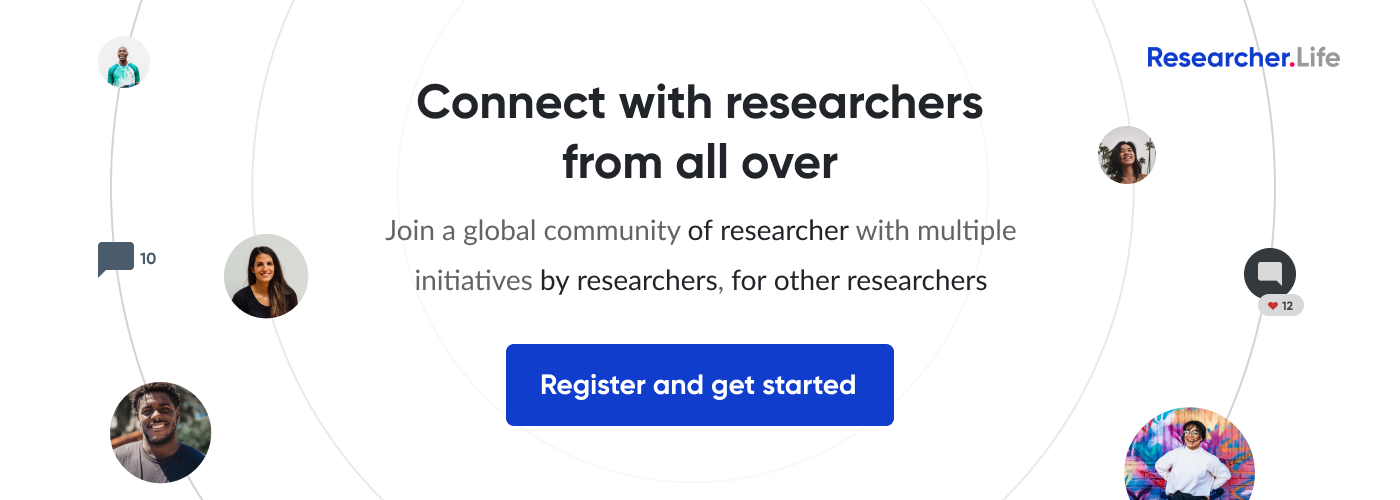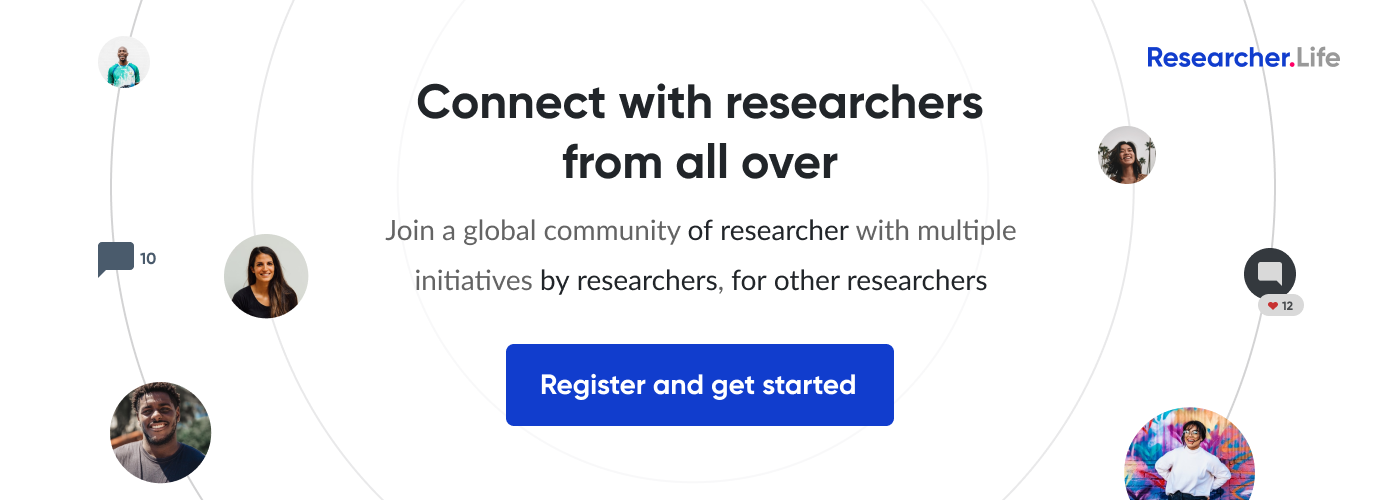How to incorporate sustainable practices in modern research

In the modern world, research advancements are occurring at an unprecedented pace due to a variety of reasons. The race to publish and technological innovation have contributed to the prolific scale at the cost of energy and resources. It is critical that the researcher re-examine and assess research practices through the lens of sustainability and ethics. While sustainability is our relationship as a community with the environment, ethics is an approach taken to minimize harm to others through our actions1.
There are several unique challenges that researchers face. Various context-dependent issues can affect how sustainable a research practice is, including the field of research, geographical location, dependence on non-renewable resources and social and economic factors. In addition, the researcher needs to consider the time, expense, health and safety aspects and feasibility overall before making any sweeping changes to their research practices 1,2. The choices made may also help set standards for others in the research community to follow.
“Start by doing what is necessary; then do what’s possible; and suddenly you are doing the impossible.” - Francis of Assisi.
The thought of change on a large scale can seem daunting at first. However, with time, it can become second nature, and easily become incorporated into daily research practices. It may help to take a look at some existing guidelines adapted and followed by other research organizations, particularly if you are aware of one that is striving to adhere to sustainable and ethical research methods. Various articles have also been written that can offer a general guideline for novices – some that may appear to be “common sense” like using less plastic or disposable laboratory items, or reusing chemicals where it is safe to do so.
Here are some actionable steps that a researcher can take to achieve sustainable goals in their laboratory or research setting.
Educate yourself: The researchers should educate themselves and others in their team about sustainability. This will help guide the principles followed by the team without getting swayed by fads and trends.
Assess impact: Assessing the environmental/social impact of your research activities is the next step. Here are some ideas of what you can assess in your research practices to identify where wastage might be occurring:
Cold storage management (consolidating samples, defrosting, temperature management, unplugging unused equipment)
Fume hoods (close fume hoods when not in use)
Water conservation (flow-reducing valves, upgrading water-using equipment)
Lighting (using energy efficient lighting, utilizing daylight when possible)
Waste reduction (managing resources efficiently, ordering only what is needed, reusing supplies)
Substitution (replacing hazardous materials with non-hazardous alternatives)
Exchange and reuse (sharing supplies with others to reduce wastage and duplication)
Safe disposal (hazardous wastes should be disposed of correctly)
Design: Careful and rigorous study design will help avoid wastage. Conduct experiments in a way that others can rely on the results and ensure reproducibility. Optimize methods and provide sufficient details so that other researchers can replicate and build upon your work; else, subsequent research may lead to redundancy and cause waste of funding, time, and resources.
Plan: Plan studies well in advance while taking into account collaborator schedules, requests to use shared equipment and ideal weather conditions (in case of field work or wherever else it may be applicable).
Time Management: Discipline and management of time is essential for the efficient conduct of research. This ties in with the design and planning to ensure the best possible outcome in the execution of the research work with minimal wastage.
Regular Discourse: As with research, sustainability and ethical practices can also better evolve through regular discussions among peers and with the broader community. This can help one remain aware of various developments, gain additional perspective and remain receptive to new ideas.
Create Guidelines: Preparing broad guidelines on sustainable practices can be handy and serve as reminders. Further, making a booklet with more detailed written instructions and suggestions for the team could be helpful. Simple handouts or posters that everyone can refer to would help provide a “roadmap” for all to follow.
Implementation: Implement changes in a systematic, staggered way if it's not possible to do everything at once. The researcher can identify simple and most doable things first and see the impact. Some examples of simple steps to consider are:
Phase in teleconferencing: Many researchers are choosing teleconference/videoconference options over physical traveling to engage with other researchers or research participants. A researcher may wish to try gradually phasing in teleconferences to see how to make them as effective as physical meetings so that the quality of the data and interaction is not compromised.
Reduce, reuse, recycle:
Find smart, cost-effective alternatives to expensive methods;
Use biodegradable equipment;
Share equipment and chemicals with other researchers.
Conserve natural resources:
Avoid inappropriate or indiscriminate collection of plant/animal specimens from the wild for research purposes;
Prevent disruption caused to the ecology of areas around centers of research activities.
Incentivize: Once you are familiar with and have tried out your new guidelines, you can set up some sustainability awareness events and activities that others in your institute can get involved in. Have junior researchers and students participate in innovation challenges to dream up new solutions to problems. Incentivizing sustainable practices within your team or institution with recognition, grants or awards is also a great way to encourage everyone to try new ways of doing research.
“Transformational changes are more likely to succeed where there is trust, where everyone works together to prioritize risk reduction, and where benefits and burdens are shared equitably,” Hoesung Lee, Intergovernmental Panel on Climate Change (IPCC)3.
References
Nelson, M. P. & Vucetich, J. A. (2012) Sustainability Science: Ethical Foundations and Emerging Challenges. Nature Education Knowledge 3(10):12
Ligozat A-L, Névéol A, Daly B, Frenoux E (2020) Ten simple rules to make your research more sustainable. PLoS Comput Biol 16(9): e1008148. https://doi.org/10.1371/journal.pcbi.1008148
AR6 Synthesis Report: Climate Change 2023 — IPCC https://www.ipcc.ch/report/sixth-assessment-report-cycle/ Last accessed 16th August 2023
Additional Reading:
https://www.rsc.org/policy-evidence-campaigns/environmental-sustainability/sustainability-reports-surveys-and-campaigns/sustainable-laboratories/ Last accessed 16th August 2023
https://ehs.princeton.edu/news/greening-the-lab-sustainable-research Last accessed 16th August 2023
SDG Good Practices: A compilation of success stories and lessons learned in SDG Implementation-SECOND EDITION | Department of Economic and Social Affairs (un.org) https://sdgs.un.org/publications/sdg-good-practices-2nd-edition-2022 Last accessed 16th August 2023
Comments
You're looking to give wings to your academic career and publication journey. We like that!
Why don't we give you complete access! Create a free account and get unlimited access to all resources & a vibrant researcher community.














